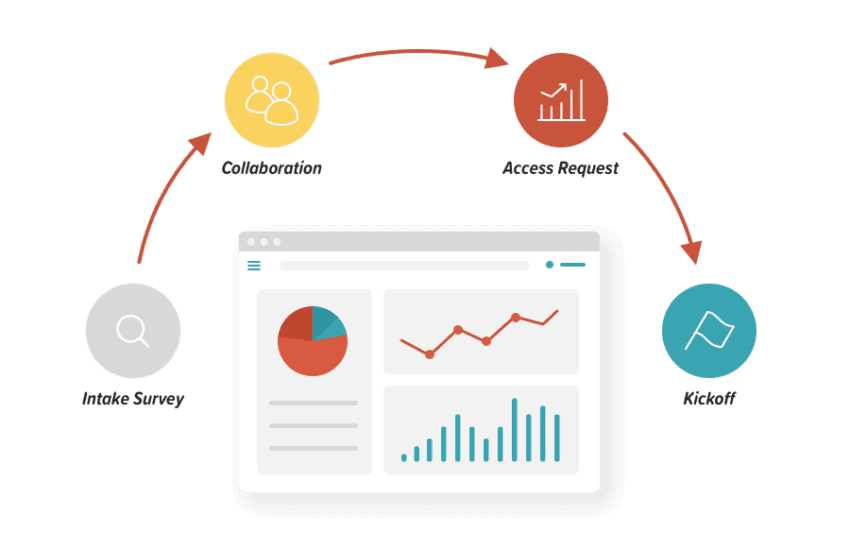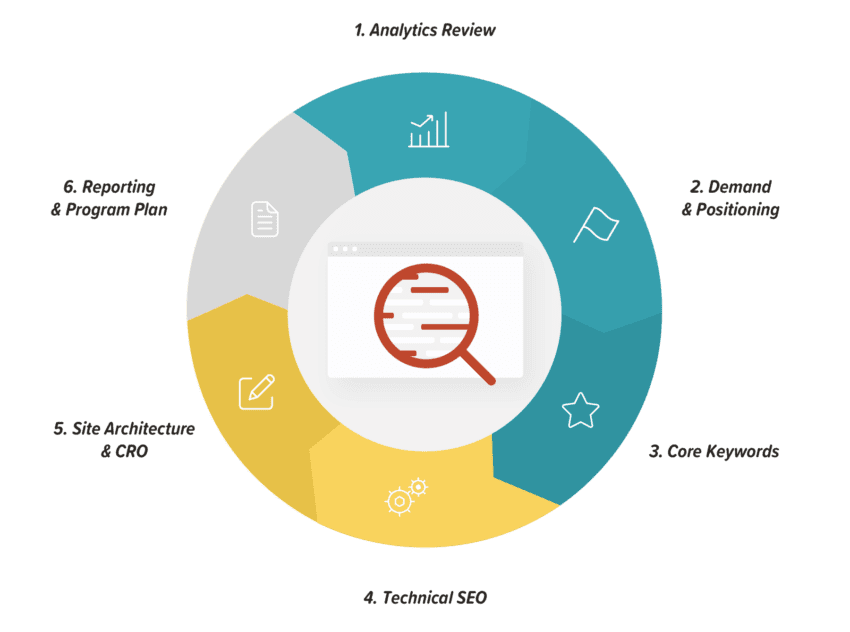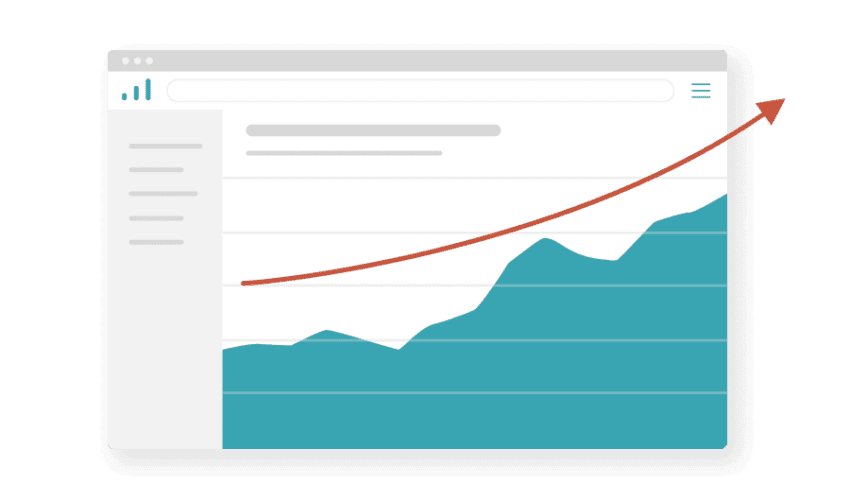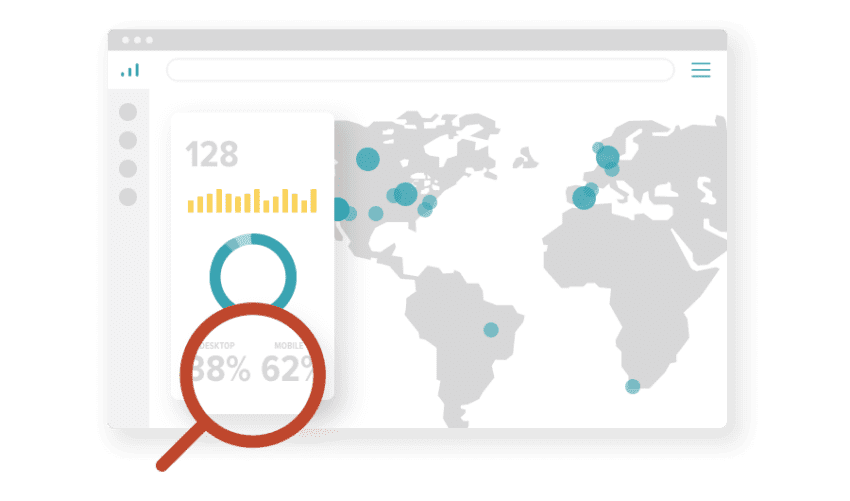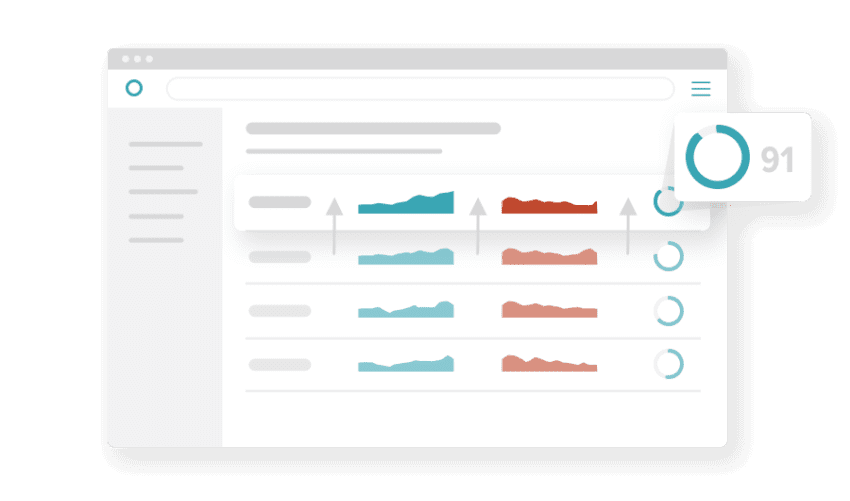What to expect:
- Collaboration: We interact mostly on Google Workspace and Google Cloud. If your organization runs on Slack, we can establish a Slack Connect channel with you and any other partners.
- Intake survey: We’ll pre-populate anything we already know, but oh do we have questions in this phase! It’s tough to tell us too much about your business, market, and goals.
- Access request: A secure access request is made for tools like Analytics and Search Console. We’ll also be preparing dozens of our own 3rd-party tools for better insights.
- Kickoff: Let’s get to know each other. Meet your strategist, PM, content specialist(s), technical specialist(s), and a director or two over video.

